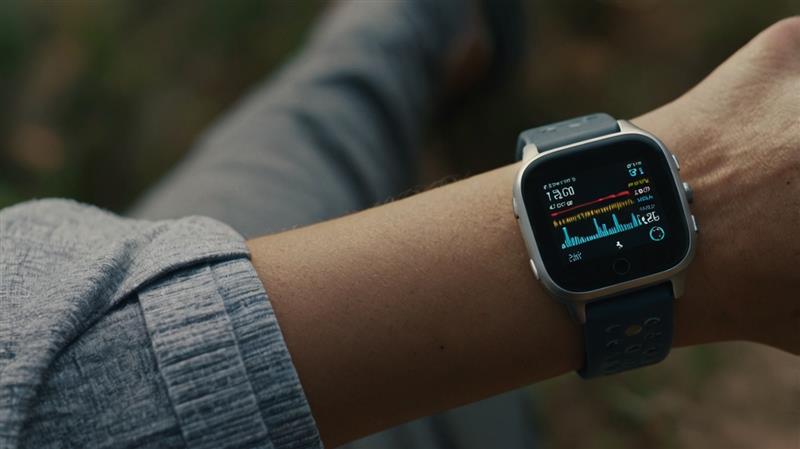A new study from Mount Sinai Health System underscores the potential of consumer-grade wearable technology—such as Apple Watch, Fitbit, and Oura Ring—as a non-invasive biomarker for disease activity in inflammatory bowel disease (IBD).
Published in Clinical Gastroenterology and Hepatology, the NIH-funded longitudinal study tracked over 100 IBD patients for more than seven months. Researchers found that disruptions in sleep architecture—especially reductions in restorative REM sleep—were strongly correlated with inflammation, rather than just symptoms alone.
“This is the first study to longitudinally map objective sleep patterns before, during, and after IBD flares using wearable technologies,” said Dr. Robert Hirten, gastroenterologist and lead author. “We now have a passive, scalable way to potentially forecast flares.”



